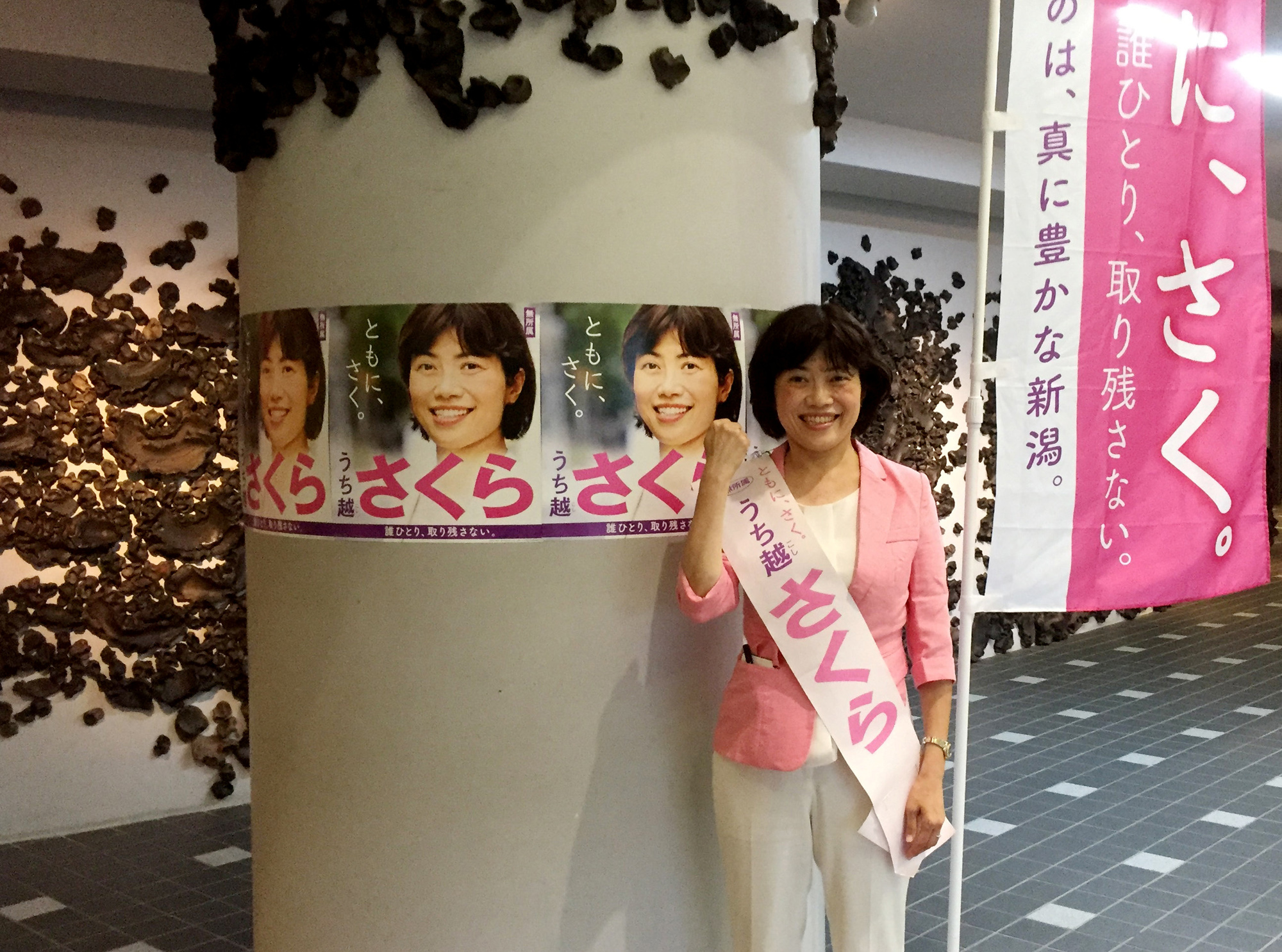When anti-nuclear activist Junko Isogai ran for office in Niigata, her campaign had an awkward dimension: not just speeches and chats with constituents, but efforts to entertain potential backers.
"I was asked to pour sake, make flattering conversation and act in a way men wouldn't dislike," Isogai, 45, a mother of two teenage girls, said. "It was like being a bar hostess."
Such traditional campaign practices — heavy on face-to-face interaction and personal ties — are among many barriers women face when trying to enter Japan's male-dominated politics, candidates and experts say.



















With your current subscription plan you can comment on stories. However, before writing your first comment, please create a display name in the Profile section of your subscriber account page.